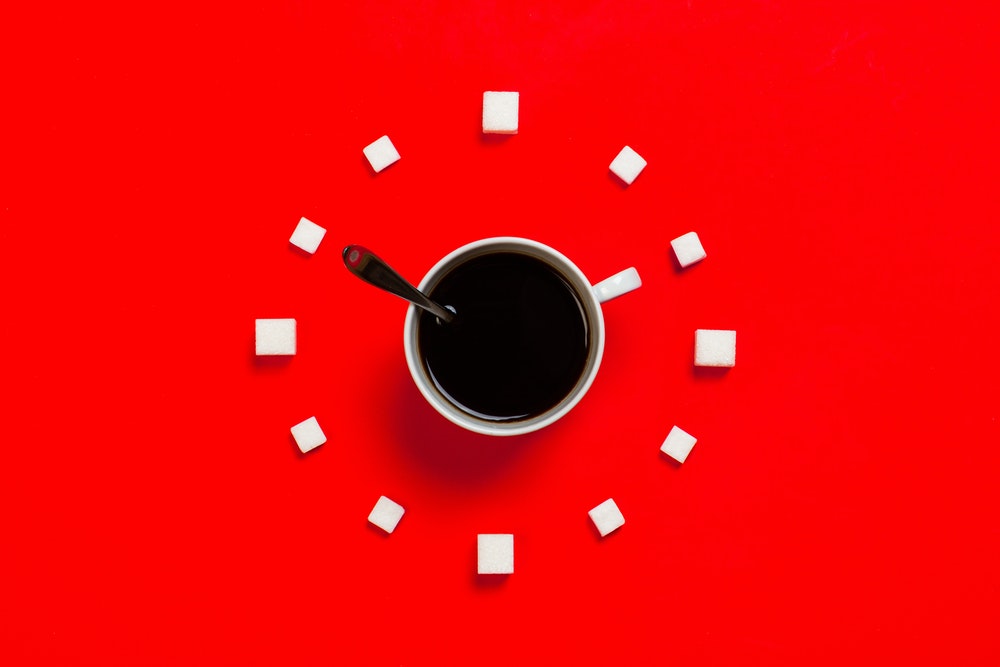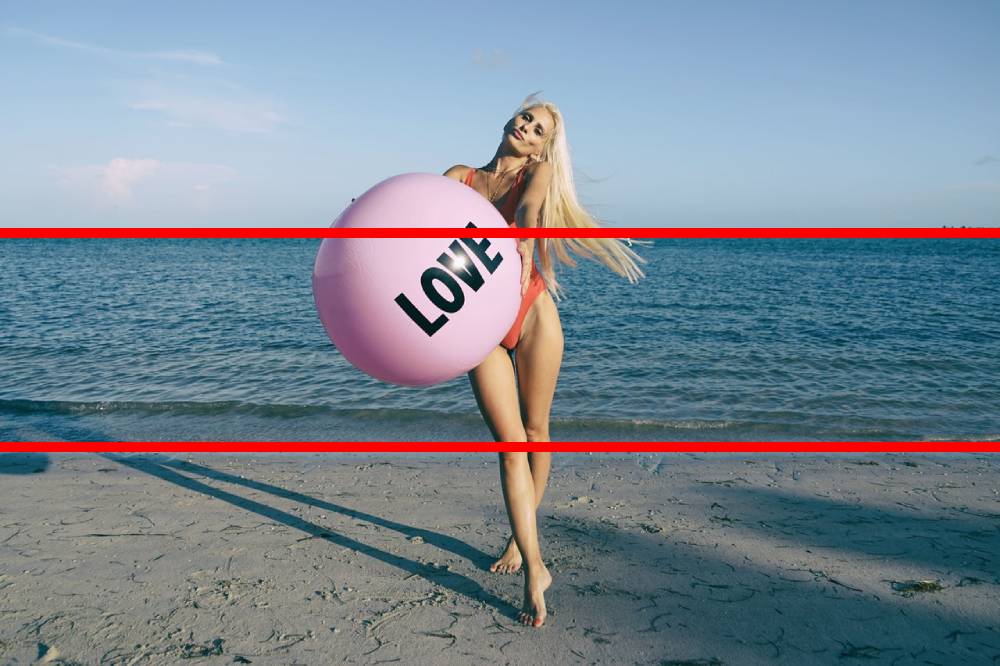6 Tips for Creating Professional Photos

Photography seems quite an easy task for beginners as they think it is just a matter of point and shoot. Creating professional photos is quite a complicated task because a large number of factors need to be considered.
Mastering your skills to manage composition, choosing the right subject, and managing to get an appropriate amount of light are a few things that need to be mastered in the beginning. No matter how difficult a task it is, mastering the way to create professional photos will help you in many ways.
At first, it will open the gates to a large number of opportunities for you and then will also help you increase your online, as well as, offline portfolio.
Some essentials to master this skill of creating professional photos
Now you are aware of the need to master this skill, it is time to take a look at these simple tips to enhance your skills. After a thorough study, we have compiled some fundamentals you should know in order to create professional photos. Let us take a look at it.
Put some effort into perspective
Perspective is a really important thing in professional photography. You will learn more about it once you study some similar photos that have been shot from different perspectives. Then, you will find the role of perspective and how it changes the mood of viewers towards the same subject in the frame.
It is not a skill you can learn from a tiny article instead you have to work on it. When you are preparing to take a shot, have an attentive walk around the subject, pay close attention to the difference you may create by changing the perspective.
Haven’t you noticed how small a person appears when you take a bird’s eye view of them while the same person looks like a tower if you take a shot from below? It will give you some great ideas about choosing the right perspective.
Once you start doing it, you will start making the right decision in choosing the perspectives and it is a thing worth doing.
Create depth but make your subject more visible
Flat photos are often considered boring. A person engaged in creating professional photos must make all the possible efforts into adding depth to your photos. This can be done in a very simple way by including multiple elements in the foreground, middle ground, and background of the image.
Such a sequential inclusion of elements is the prime element of creating depth in the photo. When there are multiple subjects, try to put them at different distances from the camera and it will add some depth to the image.
When multiple subjects are included in the frame, you have to make sure that the main subject pops out. In order to make the subject sharp and create depth at the time, you can use the bokeh effect.
A large number of professional photos use this effect in order to create a shallow depth in the photos while keeping the focus right on the object for viewers’ convenience. The main motive behind using this principle is to keep creating depth but enhance the visibility of the subject.

Make use of the Rule of Thirds
It is the first step towards learning the right way to create professional photos. This rule simply stated that the subject in focus shouldn’t be at the centre of the frame. The rule of thirds divides the frame into 9 equal parts (three rows and three columns). The subject should be either along with one of the lines or at one of the four intersection points in the frame.
This alignment of lines has been scientifically designed. If you place the subject at the specified places, viewers are more likely to notice the subject easily. So, incorporating the rule of thirds should be your first priority in order to create professional photos.
Try to fill the frame in most cases
If you take a look at the most professional photos, you will find the frame to be filled. When there is too much space in the background of the photo, the viewers are often distracted from the subject.
A good photo should incline the viewers towards the subject instead of diverting them away from it. When there are no more elements in the photo, too much empty space is also not good in professional photos. Unnecessary extra space needs to be removed from the frame in order to give a professional look to the photo.
Learn the proper use of leading lines
You may find lines in almost every photo and these lines are more visible in landscape photography. If you learn to make proper use of these leading lines, you will be able to guide the viewers’ eyes in a particular direction.
That guidance leads to the generation of interest or curiosity in the minds of the viewers. You can use these lines to guide your viewers in a certain direction. Experts say different lines (horizontal and vertical) affect the minds of the viewers in different ways.
Find patterns and symmetry in the subject
Photos filled with patterns, or repetitive use of colours are catchy and grab the viewers’ attention very quickly. You can find patterns in natural surroundings and architecture. People have a very strong tendency to look into patterns.
Never hesitate to include the elements that may disrupt the patterns because such an element may become a focal point of the photo. Imperfections are thought to contribute to the natural look of the subject.
Photographers! Earn a $200 Sign up Bonus... |
|---|
Interested? Sign-up here(more details) |
Final words
A photo is nothing if it lacks a message. And professional photos are very rich in conveying a particular message to the viewers. You should keep such points in mind if you are focused on creating professional photos.
There is another popular rule in photography that says you should never be afraid of breaking the rules. If the subject is different enough that makes it unfit for the rules, you should break the rule to create an amazing photo.
About the Author
Andrew Conway is an amateur photographer and keen writer. Andrew is in his last year of his Journalism degree in University.


